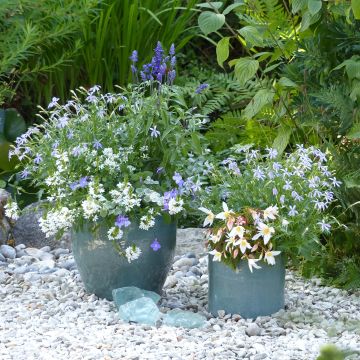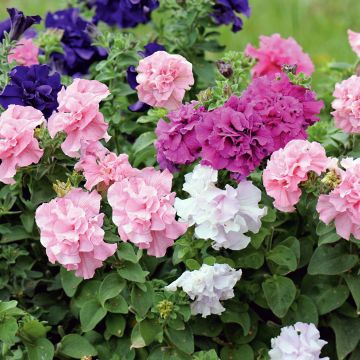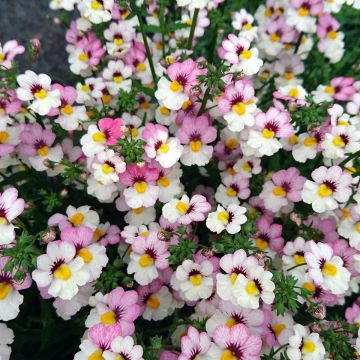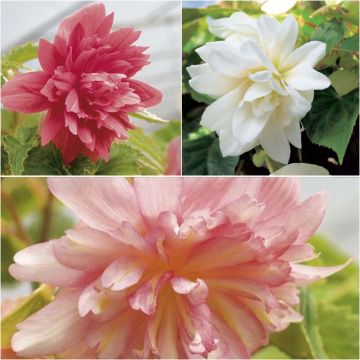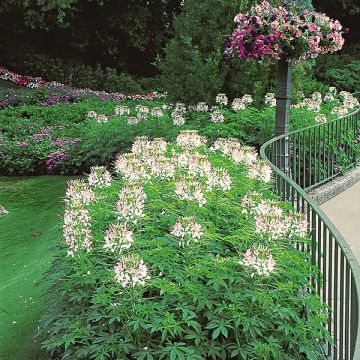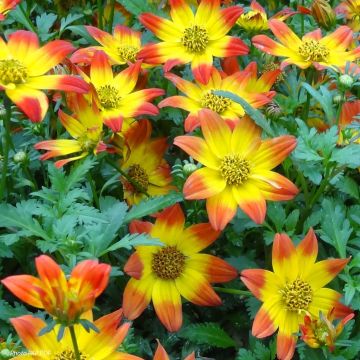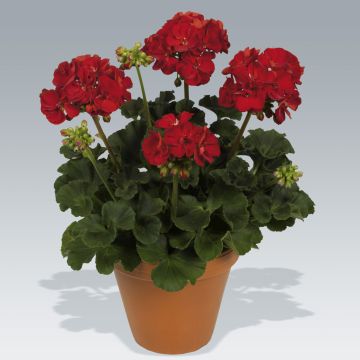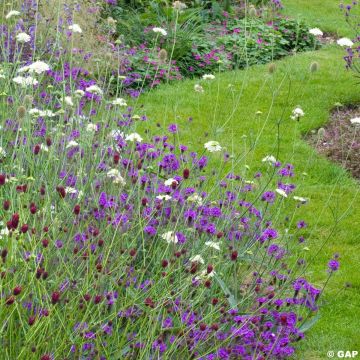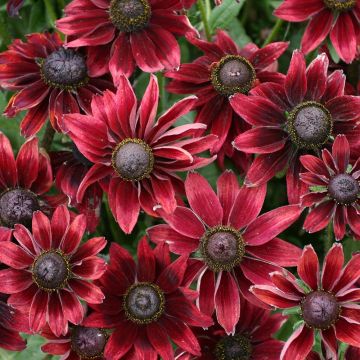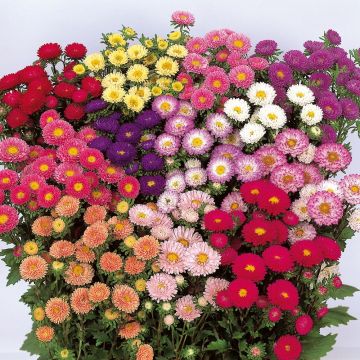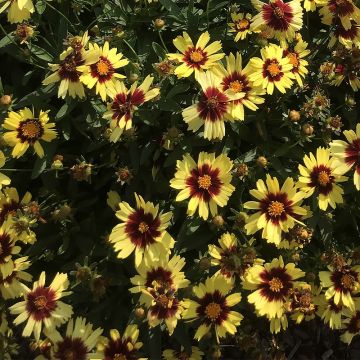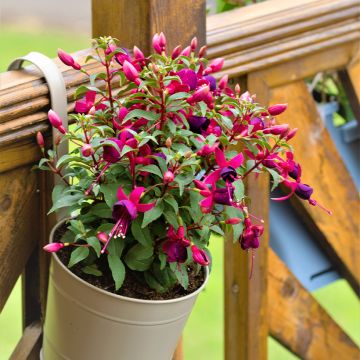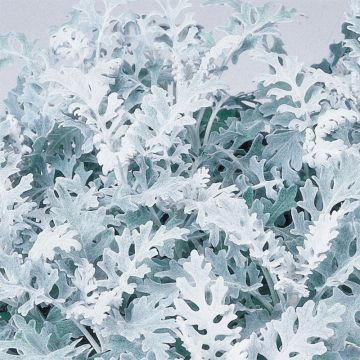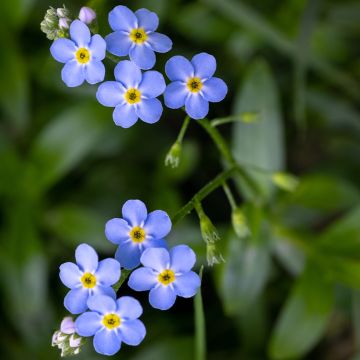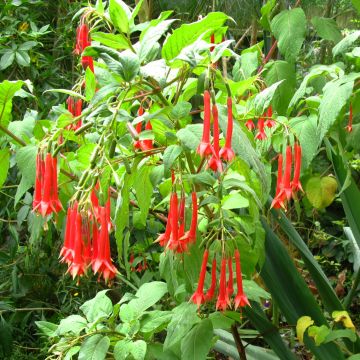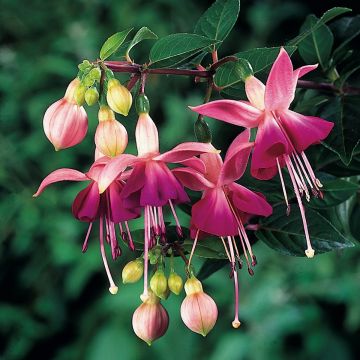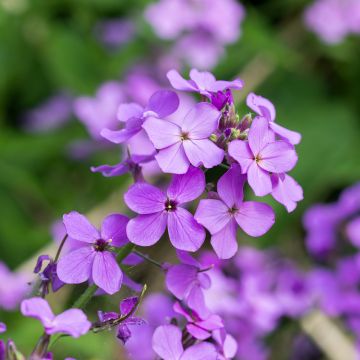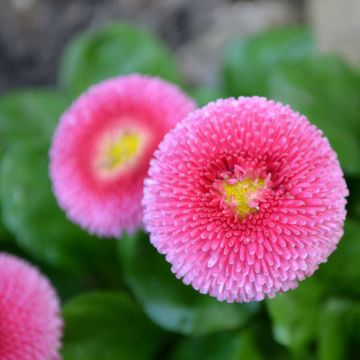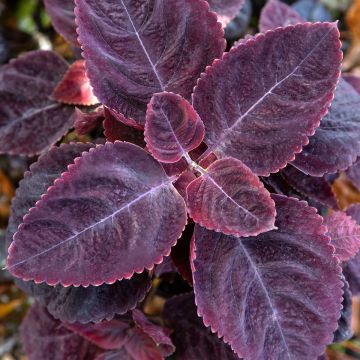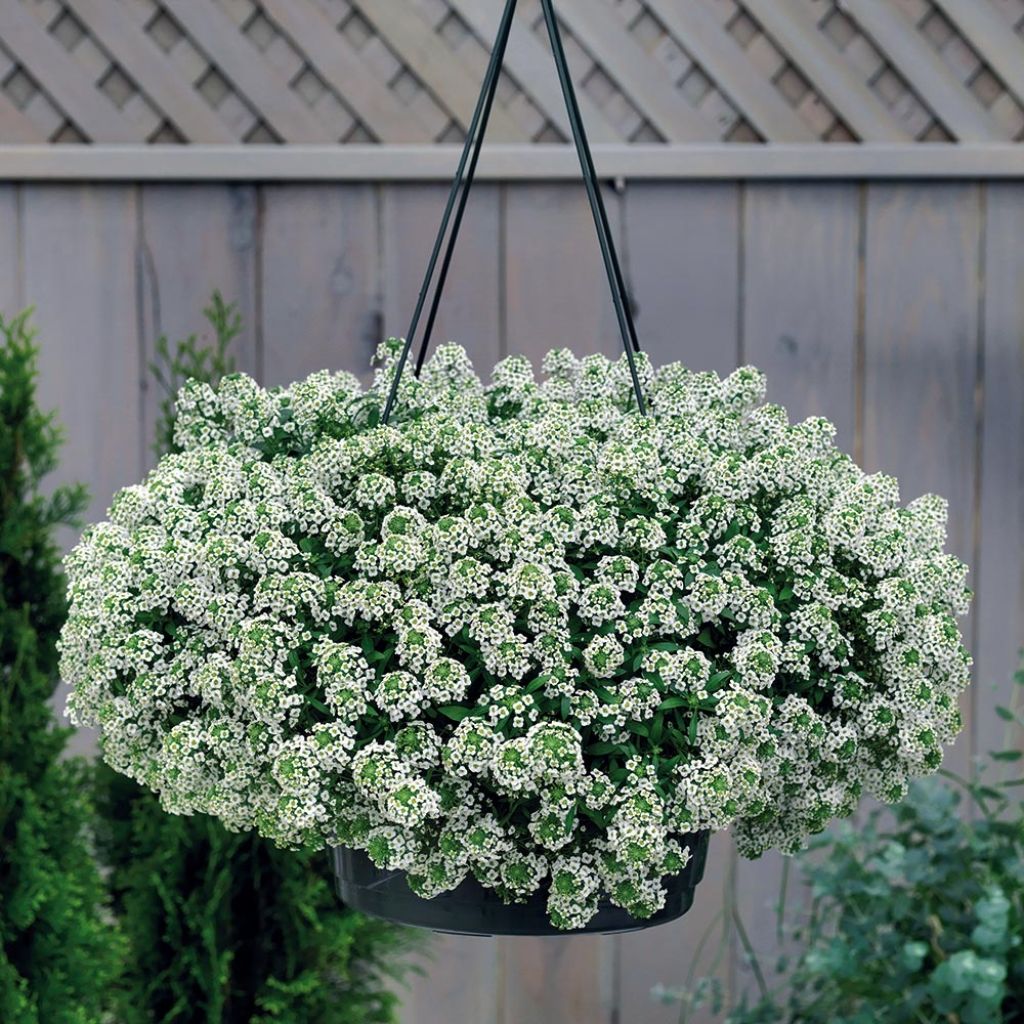

Lobularia maritima Snow Crystals
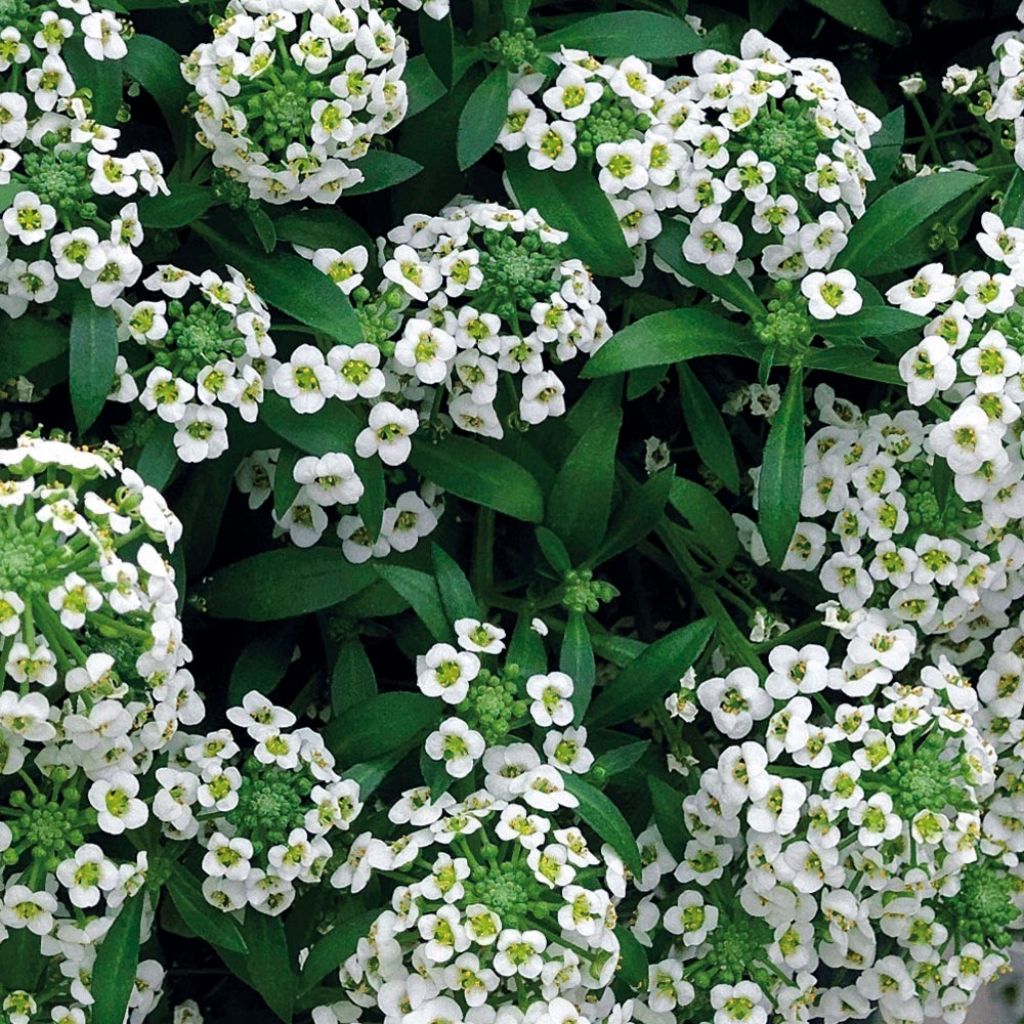

Lobularia maritima Snow Crystals
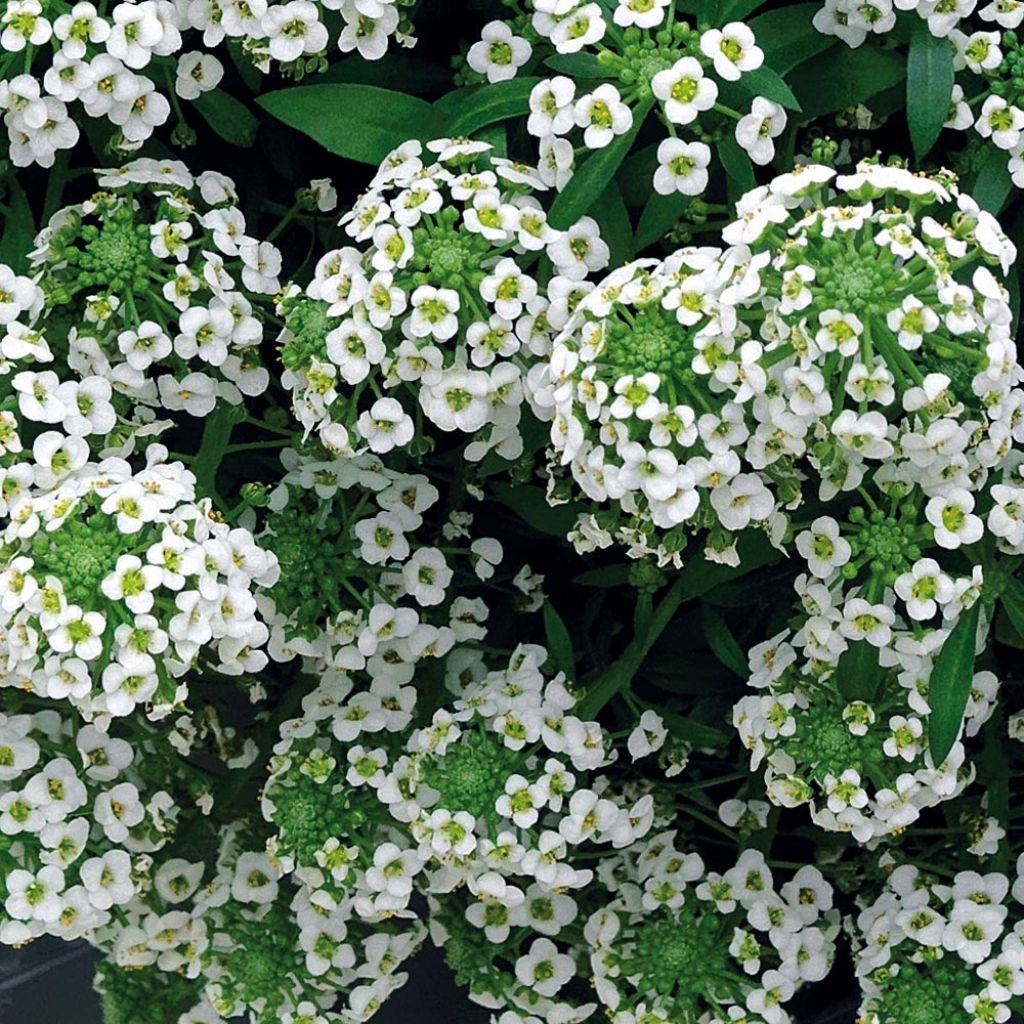

Lobularia maritima Snow Crystals
Lobularia maritima Snow Crystals
Lobularia maritima Snow Crystals
Sweet Alyssum, Sea Alyssum, Snow-white carpet, Sweet Allison, Snow in Summer, Snowdrift
This item cannot be shipped to the selected country
Delivery charge from €5.90
Delivery charge from €5.90
More information
Delivery charge from €5.90
Delivery charge from €5.90
More information
Schedule delivery date,
and select date in basket
This plant carries a 6 months recovery warranty
More information
We guarantee the quality of our plants for a full growing cycle, and will replace at our expense any plant that fails to recover under normal climatic and planting conditions.
From €5.90 for pickup delivery and €6.90 for home delivery
Express home delivery from €8.90.
From €5.90 for pickup delivery and €6.90 for home delivery
Express home delivery from €8.90.
Does this plant fit my garden?
Set up your Plantfit profile →
Description
The Lobularia maritima procumbens, also called Alyssum Snow Crystals or Sweet Alyssum, is a robust annual ground cover plant with beautiful flowers. It grows quickly, forming uniform snowy carpets with large, immaculate flowers that cover its compact vegetation perfectly. These fragrant and cushion-like mats are perfect for borders, rock gardens, hanging baskets, and flower pots. Despite its delicate appearance, this small plant is highly resilient and can withstand adverse weather conditions and drought.
Sweet Alyssum is an annual plant belonging to the Brassicaceae family, like mustard and rapeseed. It is native to southern Europe and the Mediterranean region. This plant is widely cultivated in gardens and has given rise to many ornamental horticultural varieties. Alyssum 'Snow Crystals' is a herbaceous woody-based tuft that can grow up to 15 cm (5.9 in) tall and 25 cm (9.8 in) wide. It may look like a weed at first, but then it transforms into an imposing clump of branched stems. It is adorned with petite, glaucous green, alternate, simple, and entire leaves that are narrow (from lanceolate to linear) and quite hairy. It blooms from June to September, covering the plant with white flowers with a delicious honey fragrance.
Despite their versatility and ability to establish themselves easily in the sun and well-drained soils, sweet alyssums are often overlooked in garden designs. These plants thrive in well-drained soil and sunshine, making them ideal for covering the tops of walls alongside aubrietas or Alyssum 'Basket of Gold,' filling spaces in rockeries at the base of drought-tolerant shrubs like lavender, rock roses, shrubby salvias, or rosemary. Planted along pathways, sweet alyssums add a charming touch to the garden. Lobularia 'Crystal Snow' can be grown in pockets between wall stones and form immaculate cascades that pair well with garden irises or wall bellflower Campanula portenschlagiana for a stunning vertical display. Sweet alyssums work wonderfully in pots and flower containers and combine well with surfinias, calibrachoas, or even ivy geraniums.
Note: Our plug plants are intended for experienced gardeners. Upon receipt, transplant and store them in a sheltered area such as a veranda, greenhouse or a cold frame with a temperature above 14°C for a few weeks before planting them outdoors. Wait until the risk of frost has passed before planting them outside.
Lobularia maritima Snow Crystals in pictures
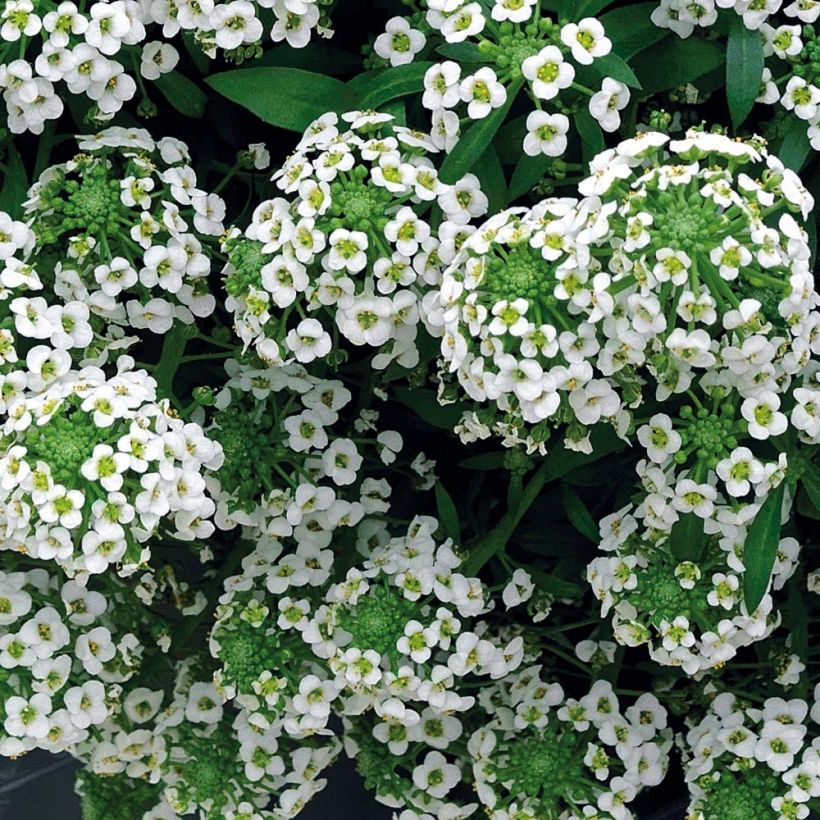

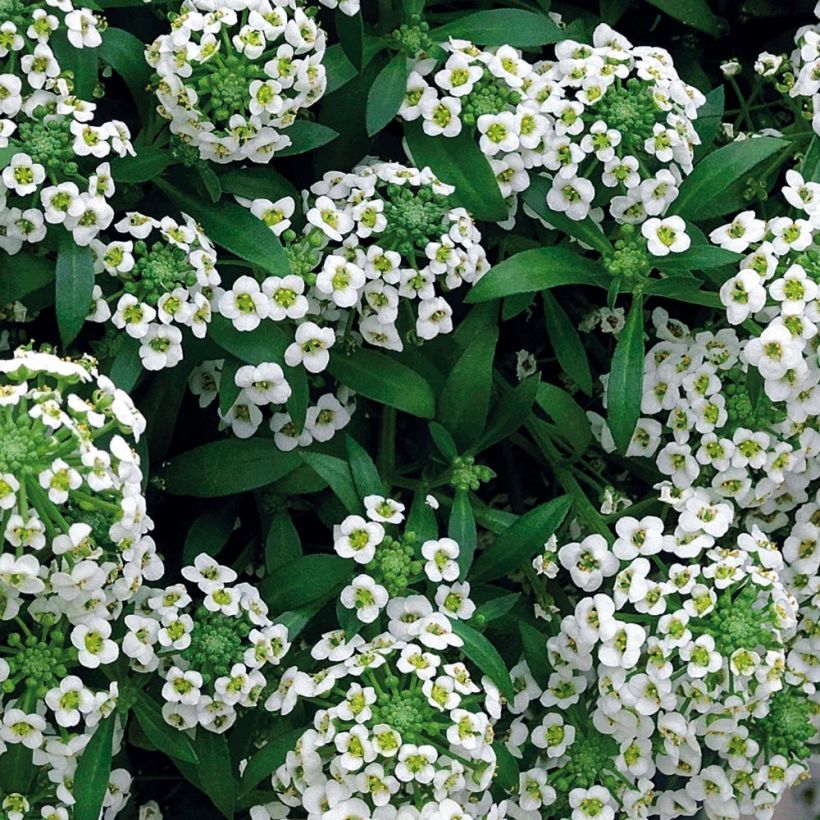

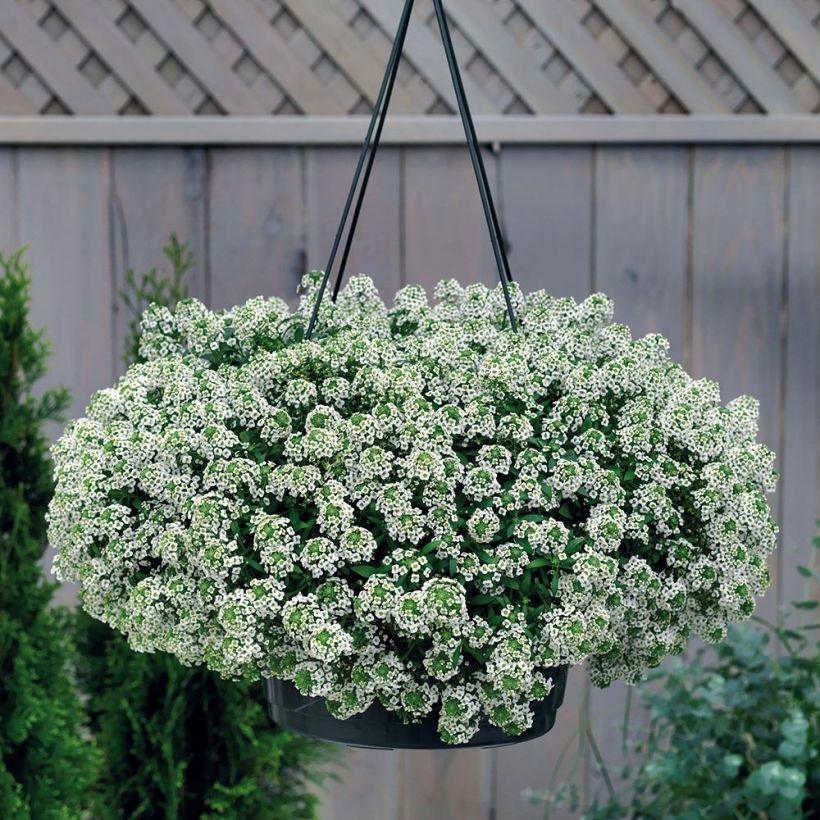

Flowering
Foliage
Plant habit
Botanical data
Lobularia
maritima
Snow Crystals
Brassicaceae
Sweet Alyssum, Sea Alyssum, Snow-white carpet, Sweet Allison, Snow in Summer, Snowdrift
Cultivar or hybrid
Other Annuals A to Z
Planting and care
Young plug plants benefit from being transplanted into individual pots to help them become stronger before being permanently planted outdoors. It is important to protect them from frost. Once they have gained enough strength, you can plant your 'Crystal Snow' Lobularia in a spot that receives plenty of sunshine or partial shade, either in pots or in the ground. These plants are easy to grow and thrive in light, neutral to alkaline soil. Adding well-rotted compost to very poor soil can also be helpful. They can tolerate dry soil quite well and are resistant to heat. If you choose to plant your alyssums in pots, make sure to water them regularly.
Planting period
Intended location
Care
Plug plants - Annuals
Haven't found what you were looking for?
Hardiness is the lowest winter temperature a plant can endure without suffering serious damage or even dying. However, hardiness is affected by location (a sheltered area, such as a patio), protection (winter cover) and soil type (hardiness is improved by well-drained soil).

Photo Sharing Terms & Conditions
In order to encourage gardeners to interact and share their experiences, Promesse de fleurs offers various media enabling content to be uploaded onto its Site - in particular via the ‘Photo sharing’ module.
The User agrees to refrain from:
- Posting any content that is illegal, prejudicial, insulting, racist, inciteful to hatred, revisionist, contrary to public decency, that infringes on privacy or on the privacy rights of third parties, in particular the publicity rights of persons and goods, intellectual property rights, or the right to privacy.
- Submitting content on behalf of a third party;
- Impersonate the identity of a third party and/or publish any personal information about a third party;
In general, the User undertakes to refrain from any unethical behaviour.
All Content (in particular text, comments, files, images, photos, videos, creative works, etc.), which may be subject to property or intellectual property rights, image or other private rights, shall remain the property of the User, subject to the limited rights granted by the terms of the licence granted by Promesse de fleurs as stated below. Users are at liberty to publish or not to publish such Content on the Site, notably via the ‘Photo Sharing’ facility, and accept that this Content shall be made public and freely accessible, notably on the Internet.
Users further acknowledge, undertake to have ,and guarantee that they hold all necessary rights and permissions to publish such material on the Site, in particular with regard to the legislation in force pertaining to any privacy, property, intellectual property, image, or contractual rights, or rights of any other nature. By publishing such Content on the Site, Users acknowledge accepting full liability as publishers of the Content within the meaning of the law, and grant Promesse de fleurs, free of charge, an inclusive, worldwide licence for the said Content for the entire duration of its publication, including all reproduction, representation, up/downloading, displaying, performing, transmission, and storage rights.
Users also grant permission for their name to be linked to the Content and accept that this link may not always be made available.
By engaging in posting material, Users consent to their Content becoming automatically accessible on the Internet, in particular on other sites and/or blogs and/or web pages of the Promesse de fleurs site, including in particular social pages and the Promesse de fleurs catalogue.
Users may secure the removal of entrusted content free of charge by issuing a simple request via our contact form.

































